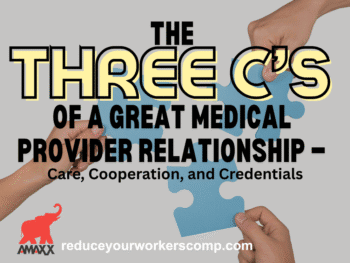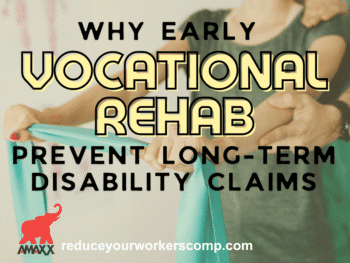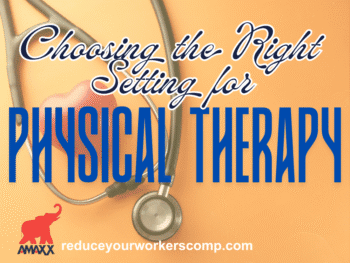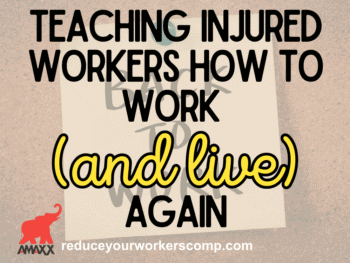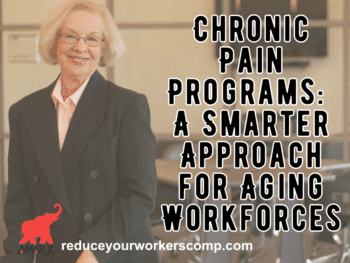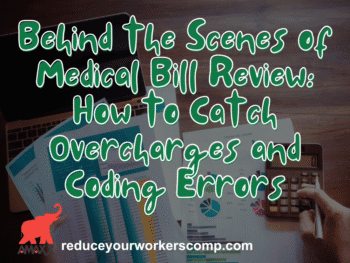Hey there, Michael Stack here CEO of Amaxx. So I’m not a doctor, right, I have no medical training. I’ve never even particularly liked science very much; biology, chemistry, those classes in high school, just not my thing. I was much better at math, I was always good at math and I was always very interested in business.
Medical Component Significant in Workers’ Compensation
So, fast forward over 20 years later and now I’m in an industry where the medical component of it is a huge piece to what we do in creating these best outcomes. The costs are only continuing to rise and the complexity of the health care system is following right along with it.
So, while I’m not a doctor and you might not be either, I do know how to read. I also know how to use a phone and I even know how to use email and if you have these three skills as well, there is no reason that you should not be following the best practices of evidence based medicine on every single one of your medical injuries, which are your worker compensation claims.
Simple System to Follow Evidence Based Medicine
Now let me lay out a very simple system for you to ensure that that happens. You start with reading the evidence based guidelines for that injury. John Smith’s injury, which has a rotator cuff injury, these are published in MD guidelines, also published in ODG guidelines, both of those are paid subscriptions. You can also use a free resource at guidelines.gov.
So either you yourself or someone else on your claims handling team, read the guideline on what it says for rotator cuff injuries for that particular ICD9 or ICD10 code. You then have a weekly meeting with your claims handling team, your risk manager, your adjuster, maybe your account representative, case manager, possibly, possibly an attorney if it made sense on that particular day.
Compare Injury to Evidence Based Guidelines
You talk about John’s injury, where is he now, where is he going, what has happened, how does it compare to those evidence based guidelines and you’re holding this meeting on the phone. If it starts to look like he’s going off the track or there’s some elements that when you compare them to the guidelines, it’s outside of what’s recommended or outside of what’s typical.
Now, that might be relevant, that might be right, based on John’s scenario but you don’t know that because you’re not medically trained and your adjuster isn’t either. So the next thing you do is, you send an email to your medical advisor and you say doctor medical advisor, can you take a look at this case based on John’s history, based on John’s circumstances, based on the comparison to those evidence based best practice guidelines for what should be expected in this case. Is that right or is there something else we should be doing, some different interventions, maybe it’s an IME, maybe it’s a UR, maybe it’s further case management, maybe it’s something else that your medical advisor would recommend.
Following this simple system, in a systematic way will ensure that every one of your medical injuries, which are your worker compensation’s claims do follow the best practices of evidence based guidelines.
Again, I’m Michael Stack with Amaxx and remember your work today cannot only have a dramatic impact on your company’s bottom line but it will have a dramatic impact on someone’s life. So, be great.
Learn more: HOW TO USE EVIDENCE BASED MEDICINE TO CREATE BETTER WORKERS’ COMP CLAIM OUTCOMES

Contact: mstack@reduceyourworkerscomp.com.
Workers’ Comp Roundup Blog: https://blog.reduceyourworkerscomp.com/
©2017 Amaxx LLC. All rights reserved under International Copyright Law.
Do not use this information without independent verification. All state laws vary. You should consult with your insurance broker, attorney, or qualified professional.



